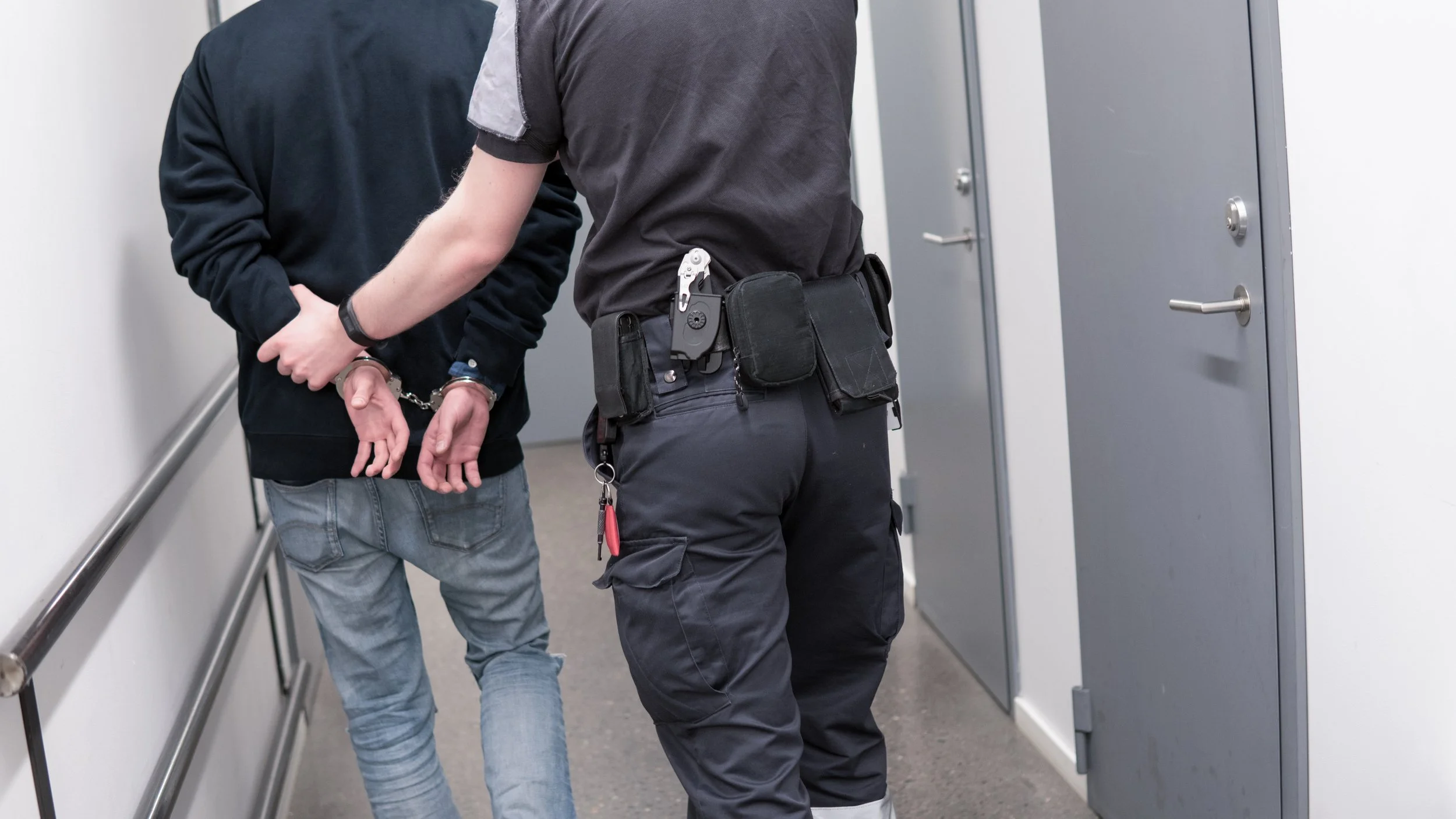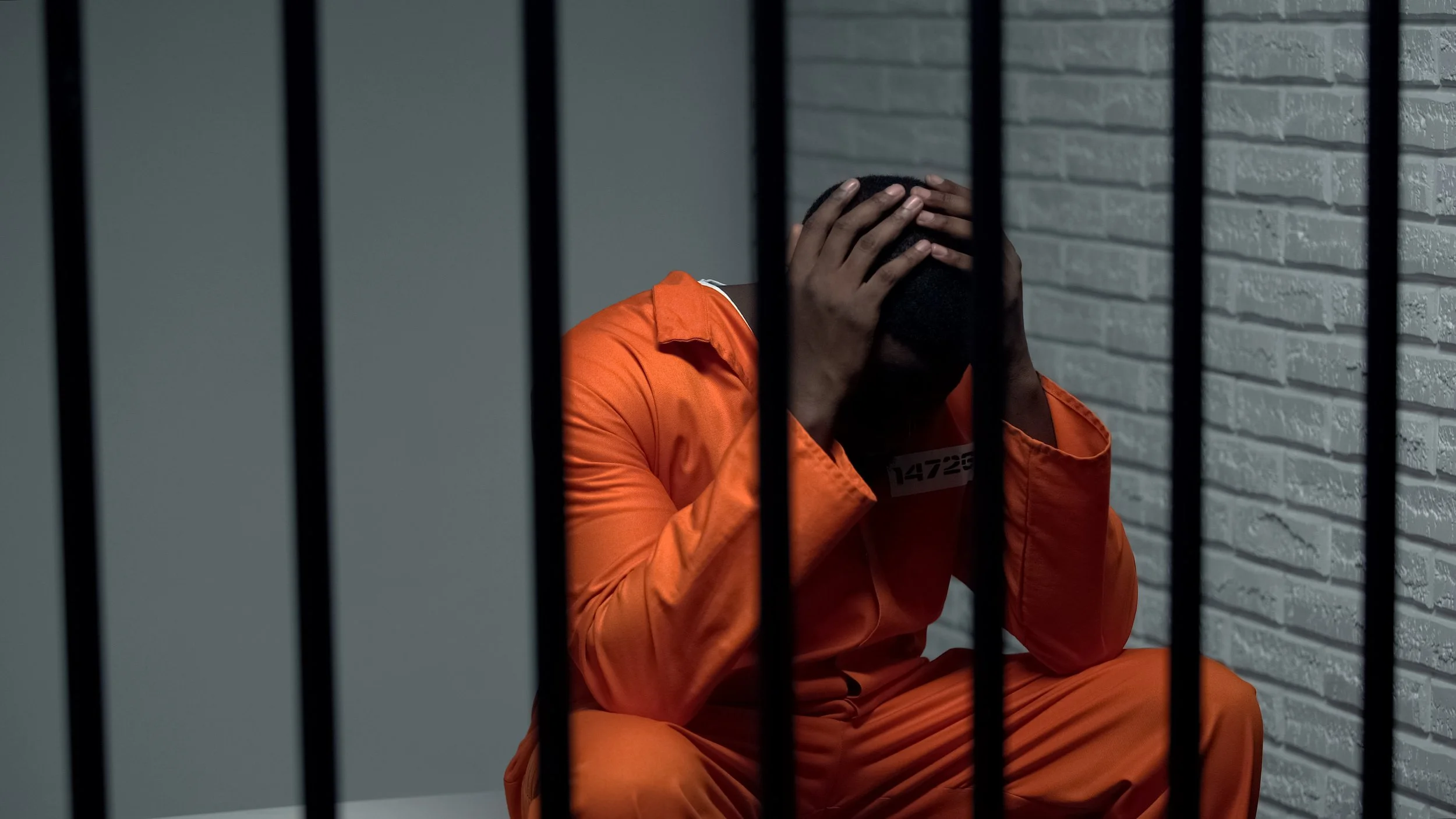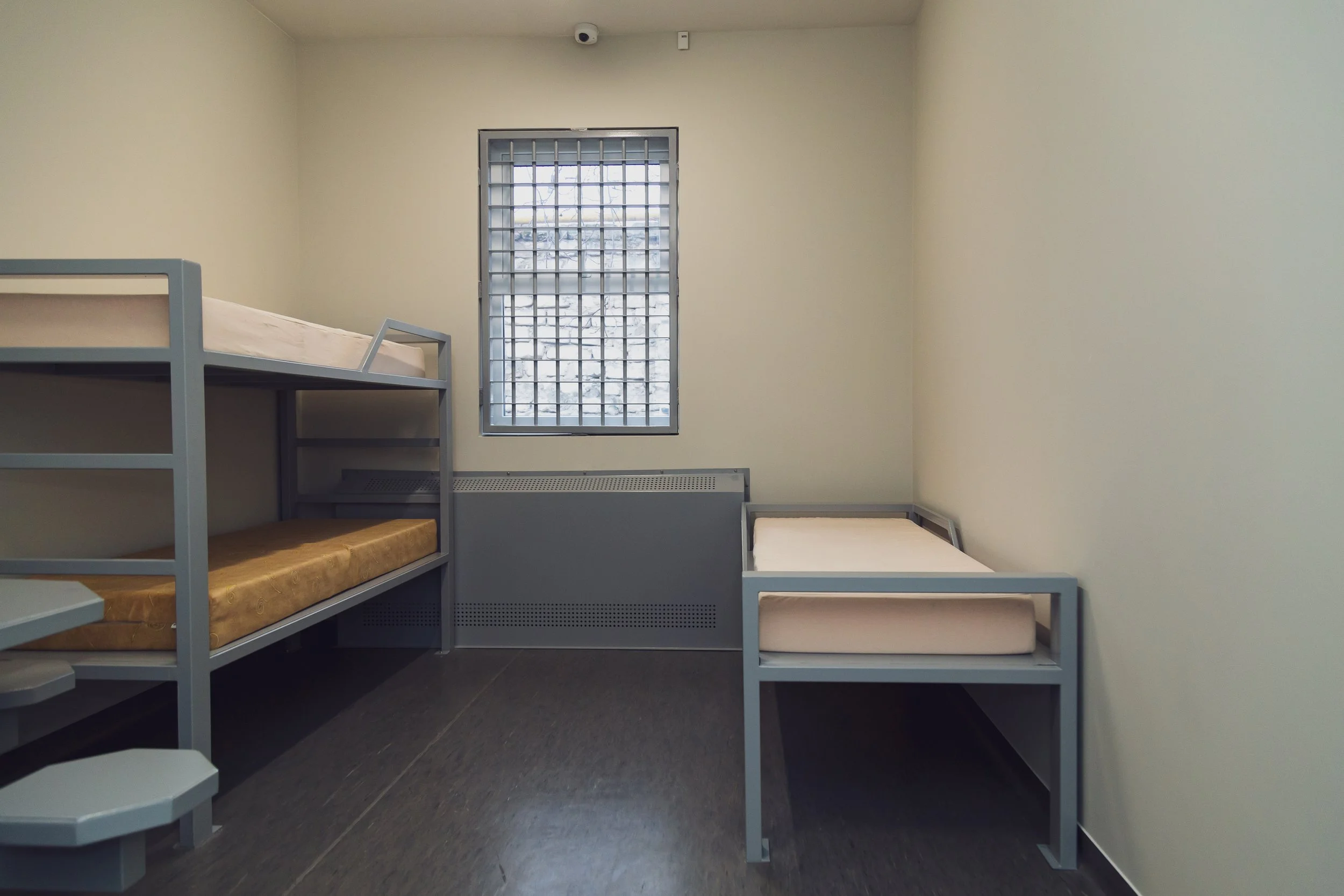How does sentencing work? Will I spend the entire sentence in jail?
When you’re found guilty of an offence, the judge or magistrate will give you a sentence for the crime your committed.
Each crime has a maximum sentence attached to it, and some crimes have a minimum sentence too. Essentially, there’s a range of sentences that a judge or magistrate can order, and they have quite a lot of leeway in deciding which sentence to give you.
But there are sentencing guidelines which judges and magistrates have to follow, so that their decisions are consistent. These are the sentencing guidelines for the Magistrates’ Court, and there are separate sentencing guidelines for the Crown Court.
The guidelines set out the process judges and magistrates should follow and the factors they should consider to work out the sentence.
When they’re considering your sentence, the judge or magistrate will think about:
· the harm done to the victim
· the seriousness of the offence
· your role in the crime and your level of blame
· your previous criminal record
· your personal circumstances
· whether you pleaded guilty.
The slight exception to this rule is that a life sentence must be given for murder. There is no consideration of other factors when deciding the sentence.
Will I spend the entire sentence in prison?
No. Time in prison is just one part of the sentence. You will have to complete the full sentence, but usually half the time is spent in prison and the rest is spent ‘on licence’. It’s often referred to as out ‘on probation.’ The idea is that you’ll spend this time integrating back into society.
So, if you’ve been given a four-year sentence, then you’ll spend two years in prison, and two years out on licence.
Again, it’s a slightly different situation for a murder conviction. You’ll have a life sentence for murder. But you can be released in your lifetime and spend the rest of your life out on licence.
It’s different again for sexual offences and serious violence offences. You usually serve two thirds of the sentence in prison, and the rest out on licence.
The judge will specify the minimum term that you must spend in prison before you can to apply for parole. There are some guidelines around this, so for example the minimum term that you’ll spend in prison for murder with a knife is 25 years.
Anyone who is given a ‘whole life order’ for murder means that they will never be released from prison.
Changes under the new Labour Government
Since Labour formed a Government on 5 July 2024, they have considered new laws around sentencing. The Criminal Justice Act 2003 (Requisite and Minimum Custodial Periods) order 2024 comes into force on 10 September 2024.
Under this new law, most offenders will serve 40% of their sentence in prison and the rest out on licence. That’s less time behind bars, and more time out on licence.
This new law aims to tackle prison overcrowding.
What does it mean to be out ‘on licence’?
Being out on licence means that you have to comply with certain restrictions while you’re out of prison. These will be written down and explained to you before you leave prison.
The terms are usually that you agree that you will:
· Not commit an offence
· Keep in touch with your supervising officer
· Live in the address approved by the supervising officer. You have to get permission of the supervising officer to stay one or more nights at a different address.
· Only take work that is approved by the supervising officer
· Not travel outside the UK without permission of the supervising officer
Depending on your circumstances, you might be given additional conditions. Some people are asked to comply with a curfew. Others may be asked to participate a particular programme like the Alcoholics Anonymous or Narcotics Anonymous. There are lots of different potential conditions that you might be asked to comply with.
What if I don’t comply with the licence?
If you breach the licence, you can be sent straight back to prison. This can sometimes happen as quickly as two hours after the breach. You’ll be arrested and taken back to prison.
You might get away with just a warning for the first or second time you break the conditions of your licence. It depends how serious the breach was. However, if you break the terms a third time, you will be sent back to prison.
If you committed an offence, then you’ll go through the justice system again for that offence. You’ll go to court, and if you’re found guilty, the sentence for the new offence will be added to the sentence for your previous offence.
How long will I go back to prison for?
You won’t necessarily go back to prison for the remainder of your sentence. Usually, if it’s your first breach, you’ll go back to prison for:
· 14 days, if your original sentence was less than 12 months, or
· 28 days if your original sentence was more than 12 months.
This information will be given on your licence.
How we can help
At Harewood Law we defend people accused of crimes. If you need legal representation for a criminal offence, please get in touch for a free consultation.


